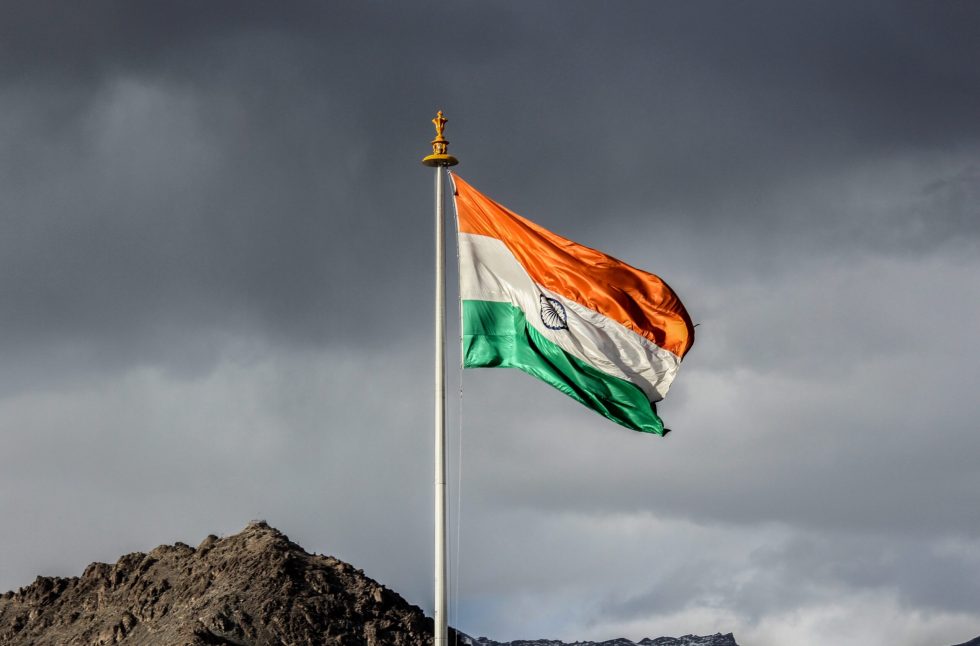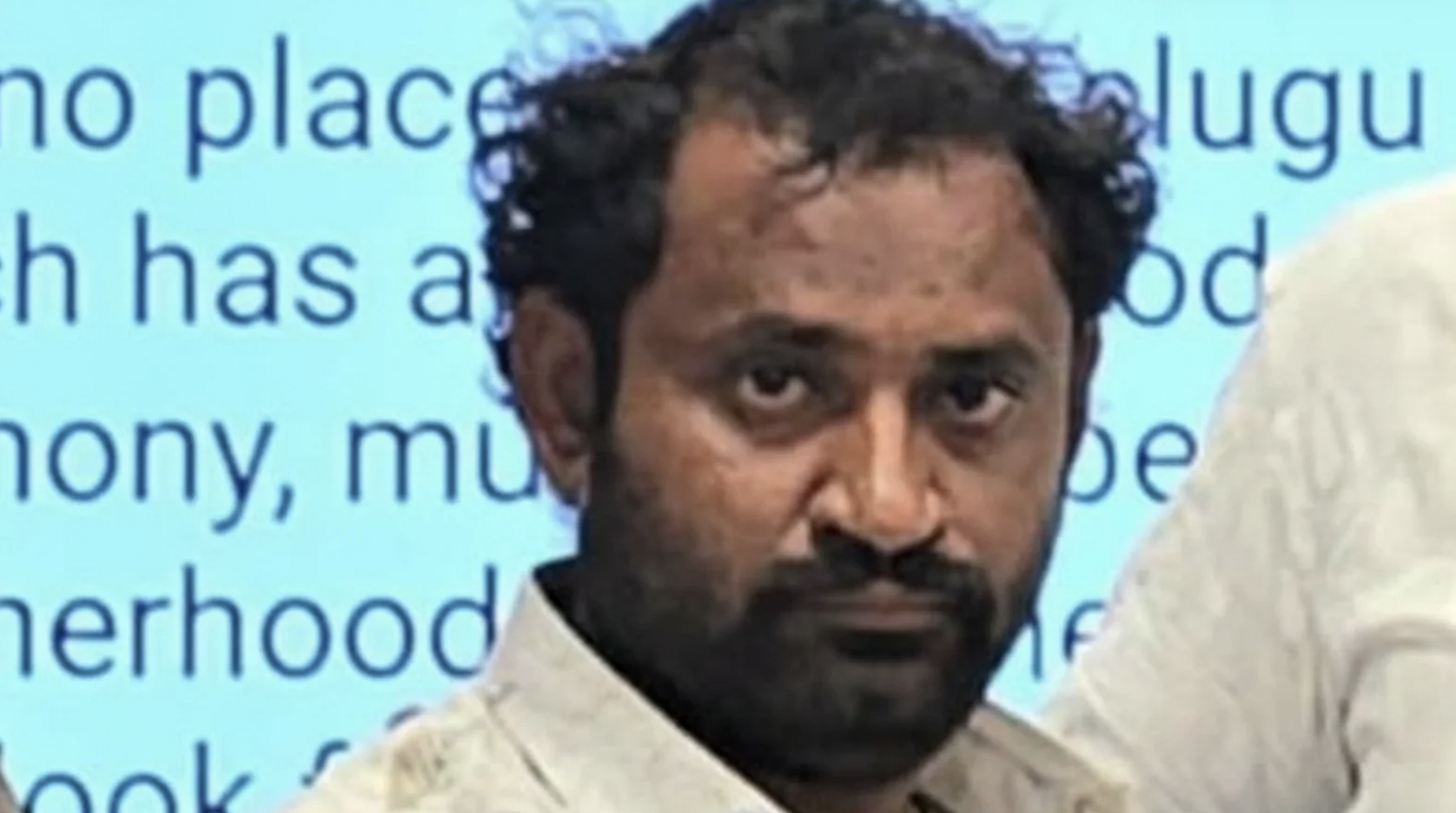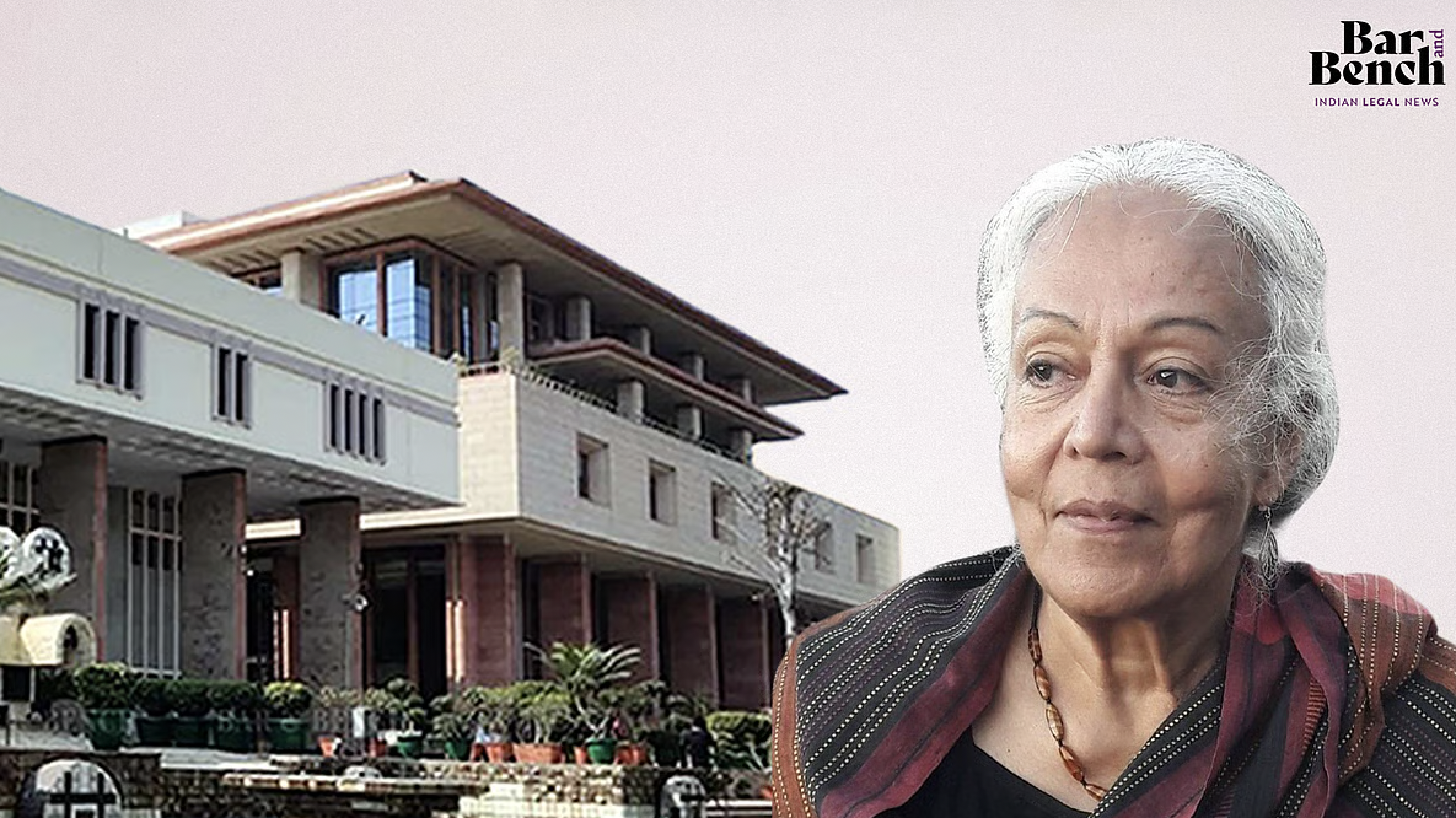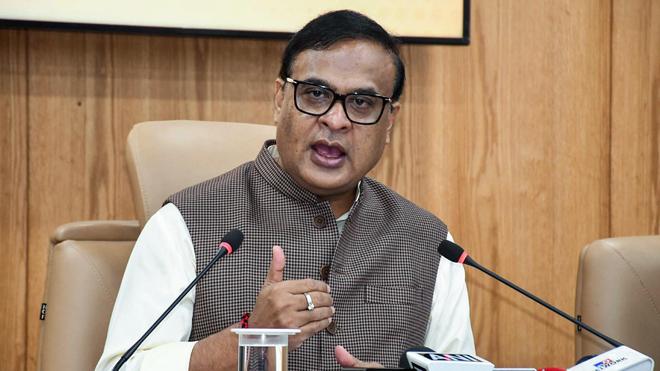
By Raul Lai
Professor Nitasha Kaul, an academic specialising in politics and international relations at the University of Westminster, has been in the United Kingdom since she came to the University of Hull for postgraduate study in 1997. In the years since, she has published several books and more than 150 articles on topics like democracy, right-wing politics, Indian politics and Kashmir.
A British citizen, Kaul retained her connection to the country of her birth as an overseas citizen of India (OCI) until recently. The OCI is a special status granted to individuals of Indian origin who have acquired foreign citizenship. It grants them a multiple-entry, lifelong visa for visiting India, allowing them to travel and stay without restrictions. OCI status is held by more than 4 million people worldwide.
In May, Kaul’s OCI was summarily cancelled. OCI cancellation is allowed under Section 7D of the Citizenship Act 1955 in circumstances of (1) fraud, (2) “disaffection towards the Constitution of India”, (3) communication or trade with an enemy India is engaged with during a war, (4) imprisonment for more than two years or (4) if ‘it is necessary so to do in the interest of the sovereignty and integrity of India, the security of India, friendly relations of India with any foreign country, or in the interests of the general public’.
Although the government is not breaking the law, its actions raise serious legal and human rights concerns. Its actions often blur the line between lawful revocation and punitive censorship. The revocations frequently lack transparency and procedural fairness – thus risking violation of legal norms. Overall, this trend raises significant concerns about freedom of speech, proportionality and adherence to the rule of law. It should be noted that domestic courts are resisting government actions.
In Kaul’s case, she was informed that her OCI status had been revoked with an official notice saying she has been “found indulging in anti-India activities, motivated by malice and complete disregard for facts or history” without referring to any particular such incident. Kaul has been a strong advocate for democracy in India and has often criticised the government for its minority bashing and the right-wing Hindu organisation RSS for its divisive politics.
An examination of global democracy indicators shows that Kaul’s analysis disregards neither facts nor history. Freedom House’s global freedom index ranks India as “partly free” and describes how “the government led by Prime Minister Narendra Modi and the Hindu nationalist Bharatiya Janata Party (BJP) has presided over discriminatory policies and a rise in persecution affecting the Muslim population.” This trend can also be seen in relation to religious and press freedoms. Reporters Without Borders (RSF) said: “India’s media has fallen into an ‘unofficial state of emergency’ since Narendra Modi came to power in 2014.”
This story was originally published in aljazeera.com. Read the full story here.






